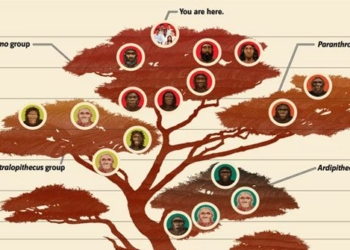For humans, sleep is essential, requiring us to dedicate a significant amount of time to sleep each day. On average, a person will spend nearly one-third of their life sleeping, and even when we are asleep, our minds are not always in a blank state; in many cases, we dream.
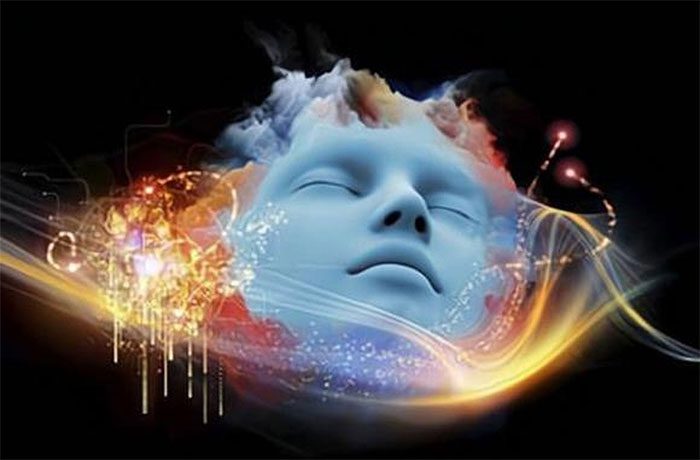
For humans, sleep is necessary.
As the saying goes, “What you think about during the day, you dream about at night,” most of our dreams are related to the things we encounter in daily life. However, sometimes we have chaotic dreams while sleeping. In these dreams, all kinds of strange information flood in, some of which we may have never seen before.
Why do humans have random dreams about things they have never seen before?
Human perception of the external world is actually the result of the brain processing various bioelectrical signals. For example, when our auditory system captures sounds from the outside world, it generates corresponding bioelectrical signals that are transmitted to the brain after analysis, allowing us to hear the sounds.
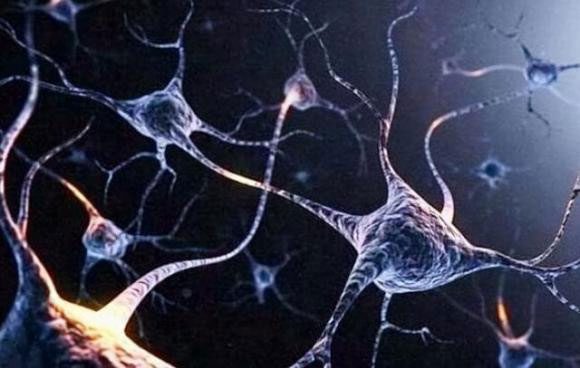
When humans sleep, not all neurons shut down.
Based on this, we can draw a reasonable conclusion: when humans sleep, not all neurons shift to an inactive state. At some point, some active neurons generate random bioelectrical signals that are sent to the brain later. The brain tries to interpret the information they carry, and because the signals are chaotic, the brain processes them chaotically, leading to messy dreams.
If this is the case, then these chaotic dreams must be a “bug” in the human brain. However, as we know, the human brain has the most sophisticated structure we know of, and it shouldn’t be that clear-cut. Hence, we have reason to wonder: Is there a deeper reason for the brain to create such dreams?
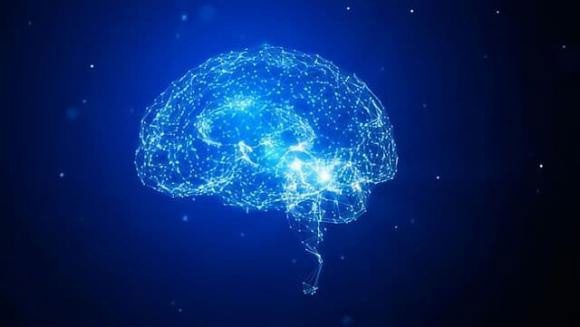
Some active neurons generate random bioelectrical signals when humans sleep.
What’s more concerning is that although we humans claim to be able to “reach for the sky,” our understanding of our own brains can only be considered “a little knowledge.” Therefore, scientists have not provided any answers to this question. There are certainly answers, but people still offer some speculations about it; let’s take a look.
“Byproduct” of the Memory System
Human memory is divided into various levels, with higher levels being easier to forget and lower levels being more easily remembered. However, the imprint of these memory levels is not “lifetime.” The brain labels dynamic memories using a mechanism whereby memories that are recalled more often rank higher, and vice versa.
This perspective suggests that when humans sleep, the brain “idly” organizes memories. During this process, various pieces of information are continuously read and stored or deleted, and sometimes, some “fragments” of memory will enter a person’s consciousness. Because the information from these “fragments” is incomplete, the brain will “fill in the gaps,” and if the “fill-in” is not comprehensive, it can lead to chaotic dreams.
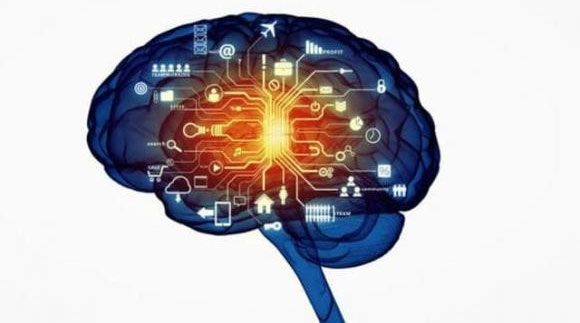
Human memory is divided into various levels.
Human Self-Protection Mechanism
When humans are in a sleep state, the reaction speed of the brain to external stimuli is greatly reduced. This is undoubtedly a very dangerous condition for our ancestors who lived in ancient times. The reason why humans have chaotic dreams is that it allows the brain to maintain a certain level of activity so that it can quickly enter a state of alertness when faced with external stimuli.
In other words, when humans sleep, this mechanism occasionally allows the brain to process some information at will. Its purpose is simply to keep the brain active, so this information can be randomly read from human memory storage. Clearly, when this happens, the random information gets mixed up, which can lead to chaos, and the processing results in the brain becoming quite peculiar; after “filling in the gaps,” people may even dream about things they have never seen.

Brain Testing
For our ancestors in ancient times, nature presented too many unknown situations, and personal experience was very limited. The simplest way was to continuously explore the unknown in the real world. However, this approach could obviously pose significant risks, so what could be done? A reasonable speculation is simulation in dreams.
This perspective holds that the human dream-making mechanism periodically simulates various unknown scenarios in dreams so that the brain can “rehearse” things it has never seen before, effectively increasing the brain’s processing capability for various unknown variables. The experience of situations has no “downtime” in some unexpected situations.
Additionally, many hypotheses can be termed “brain opening,” such as the idea that the reason for seeing things never before is due to dreams having a connection with a parallel universe. However, it should be noted that these are merely hypotheses proposed by people, not yet rigorously confirmed in practice, so it is recommended to view them with a critical eye.









































